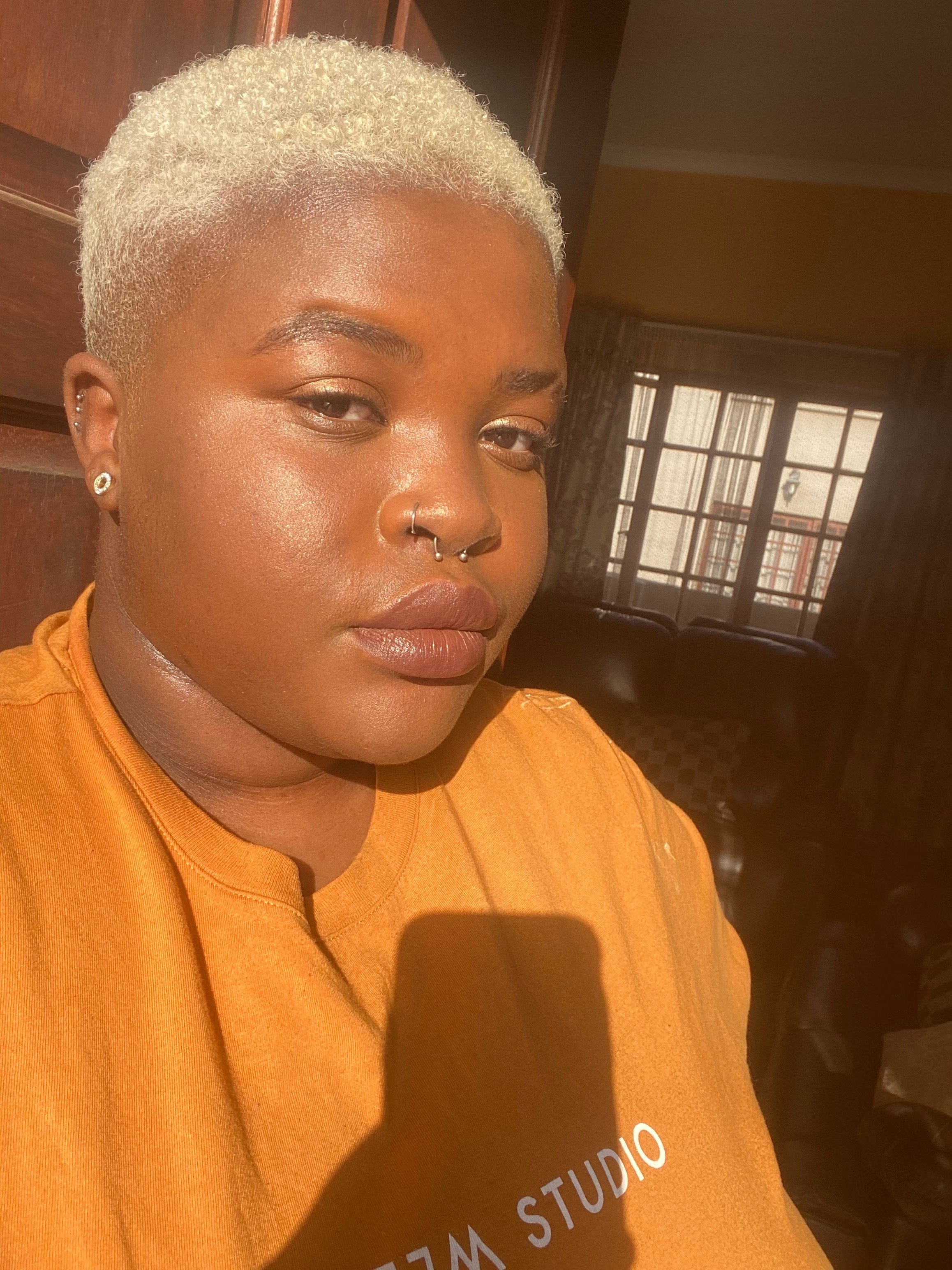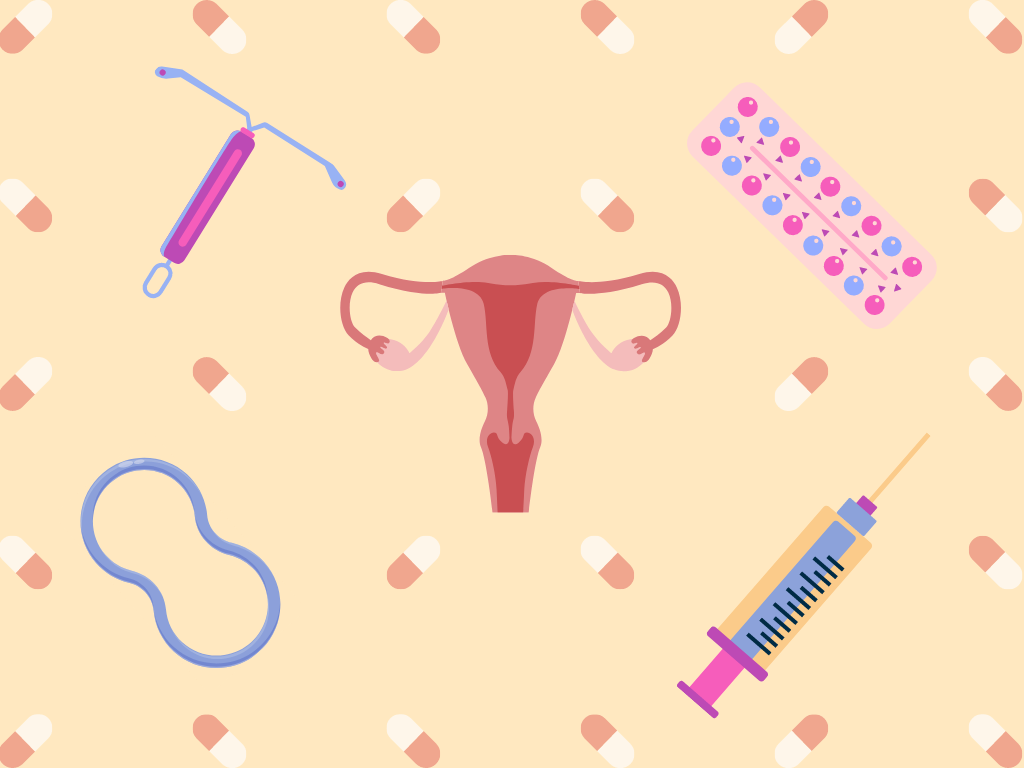While attention-deficit/hyperactivity disorder (ADHD) can affect anyone regardless of gender and race, women are often left undiagnosed. The reasons for this vary, but studies have shown a prevailing gender gap—partly due to the different ways symptoms can present.1
For example, outwardly hyperactive-impulsive presentations of ADHD (which are more common in boys) are much more likely to be noticed than inattentive presentations (which girls are more likely to have.)
Now, while there is an increased focus in studies that look into the various ways ADHD presents in different genders, there is a striking lack of research when it comes to the additional challenges that can emerge due to race. Black women in particular experience additional hurdles to diagnosis and treatment because of this.
This piece will explore some of the reasons why.
Are Black women underdiagnosed with ADHD? Here’s what the research shows.
It is widely accepted that white boys and men are overrepresented in the scientific literature on ADHD.2 This disparity in diagnosis has been linked to minority children being less likely to receive a legitimate ADHD diagnosis when compared to their white counterparts.
Common diagnosis barriers
Let's also take into consideration how the long-term exclusion of women in academic research has played a role in the underdiagnosis of female ADHDers. It becomes clear how Black women are even further marginalized.
That said, while research into ADHD in Black women is limited, some studies have found that the main barriers to Black women getting diagnosed include:3
- Cultural and social stigma
- Mental health practitioners having little knowledge of diverse ADHD symptomatology
- General mistrust in mental health and medical providers among Black women
- Lack of resources and information on ADHD in the Black community
The difficulties of finding an ADHD diagnosis as a Black woman

Chondra Crosby, a 34-year-old pharmaceutical sales executive and digital marketer, was diagnosed with combined type ADHD around a year ago. While getting a psychiatrist appointment and a diagnosis took around two months, the journey to arrive at this point took a year and a half.
"I didn't have to fight for a diagnosis, per se," she says.
Most of my 'fight' was internal and based solely on stigmas and stereotypes that we, especially Black women, commonly see or hear.
The Superwoman Schema
These stigmas and pressures she refers to can be understood as the "Superwoman Schema" (SWS).4 The SWS is a framework that seeks to explore and provide context to how African American and Black women are socially conditioned to provide strength, nurturing, and support to others—usually to their detriment.
By being mythologized as superwomen, Black women aren't afforded the opportunity to show weakness or vulnerability, leading to increased levels of stress, burnout, and other mental health challenges. It can also deter or delay them from seeking treatment.
Rebecca Paul*, a 28-year-old writer, has a similar story:
"I didn't feel like I deserved a diagnosis."
"I first started suspecting [I had ADHD] in my early twenties, but talked myself out of it and didn't really think about it again for years," Rebecca shares.
Because Rebecca is from the UK, she was diagnosed through the NHS's Right to Choose scheme at the age of twenty-six—which involves the NHS partnering with private diagnosis providers. The process took a few months, which is considered “lucky” by NHS standards, as getting a diagnosis through state healthcare (the NHS) typically involves waiting lists that are several years long.
However, having been on antidepressants on and off since the age of twenty and knowing depression wasn't her only challenge meant that she was cognizant of avoiding the long wait times. That said, much like with Crosby, the real roadblocks came from believing she didn't 'deserve' to pursue a diagnosis seriously.
When the pandemic hit in 2020, I had new living arrangements that weren't working out, and I was feeling understimulated at work. By this point, despite being academically gifted and doing well in school, the working world had been another story—one disaster after another.
Suddenly, feeling unable to cope helped Rebecca embrace the fact that her issues were likely due to ADHD.
Life after diagnosis

In terms of treatment, both women (Chondra and Rebecca) take stimulant medications and see a therapist a few times each month. For Paul, it took some trial and error to find the right medication and dosage, but she is now settled on Concerta.
"The medication does not cure symptoms, but it does ease the process of tasks that felt like pulling teeth to get through before. It's helped with emotional regulation; I have not felt crushingly depressed since I started on Concerta," she says.
Crosby's thoughts about being on medication are similar:
I started medication in June 2022 [and it's been] a complete game changer for me! They've made all of the 'fog' disappear [and] allowed me to slowly begin to take off my mask after 34 years of trying to be 'normal'.
However, losing her job—and, consequently, her health insurance—has been challenging.
Without health insurance, I haven't been able to take my meds consistently—it's been beyond difficult. It feels like I was finally starting to get a consistent forecast of slightly cloudy. Instead, most days feel like hail and torrential downpour.
Nevertheless, she's done a lot of research on masking and created systems as a means to help improve her life. In addition, she uses to-do lists which have been helpful, while also seeking out various means to educate herself on working with her ADHD.
"My experiences with ADHD are different because I’m a Black woman."
For Paul, the ADHD behavior she displayed as a teenager was viewed as insubordination and aggression. She was often told off for having 'an attitude.'
Now, when I look back, I had no more of an attitude than many other students, and I wasn't less polite than them. My behavior was being racialized through racist stereotypes. Because I was Black, I couldn't simply be passionate, frustrated or upset; it had to be that I was shouting, irate, angry, defiant and 'threatening'.
When it came to pursuing her diagnosis, Rebecca doesn't believe she faced many racialized hurdles, though she does think her race played a role in why her ADHD was missed for so long.
Even though she is now diagnosed and medicated, the racialized view of Rebecca's ADHD certainly continues, particularly in the workplace.
I have seen the difference between how I and [neurodiverse] colleagues who are white are treated and accommodated, and the difference is stark. It's almost as if I am not able to express that I am struggling that much. I can't ask for the accommodations I really need, and I have to play everything down.
To Paul, it seems that when it comes to these white neurodivergent colleagues, their ADHD is viewed as a quirk, and any struggles are viewed with much more empathy.
Helpful reminders to have through it all
Crosby, on the other hand, believes that being a Black woman permeates every facet of her life, stating,
It affects my diagnosis because, as Black women, our whole lives can seem to be an uphill climb; one adversary after the next, all while wearing a smile, and pulling people you love up with you, [with] very little empathy extended toward us.
That said, even while she has had her difficulties, there is nothing else she would rather be than a Black woman with ADHD.
"My life experiences as a Black woman have allowed me to meet this 'adversary' and turn it into an asset. Sharing my learnings, experiences, and challenges has also forced me to embrace a level of vulnerability I've never experienced," she says.
For her, the trick has been finding community and learning to forget what the world wants. Instead, she chooses to work with who she really is, and it has been revolutionary for her.
As for any Black woman looking for validation and reassurance regarding their challenges, she urges them to remember to give themselves compassion and the benefit of the doubt. She finished with a vital reminder to any Black ADHDers looking for answers and inspiration.
The bad days are absolute hell, but the good days are steps in the right direction. The biggest thing that ADHD has given me is the gift of Grace. I am learning to give myself and everyone around me Grace.
*names have been changed upon request
-
Sources
1 BMC Psychiatry | ADHD in girls and boys – gender differences in co-existing symptoms and executive function measures
2 Pediatrics | Racial and Ethnic Disparities in ADHD Diagnosis From Kindergarten to Eighth Grade
3 Electronic Theses, Projects, and Dissertations | The Underdiagnosis of ADHD in Black Females
4 Qualitative Health Research | Superwoman schema: African American women's views on stress, strength, and health






